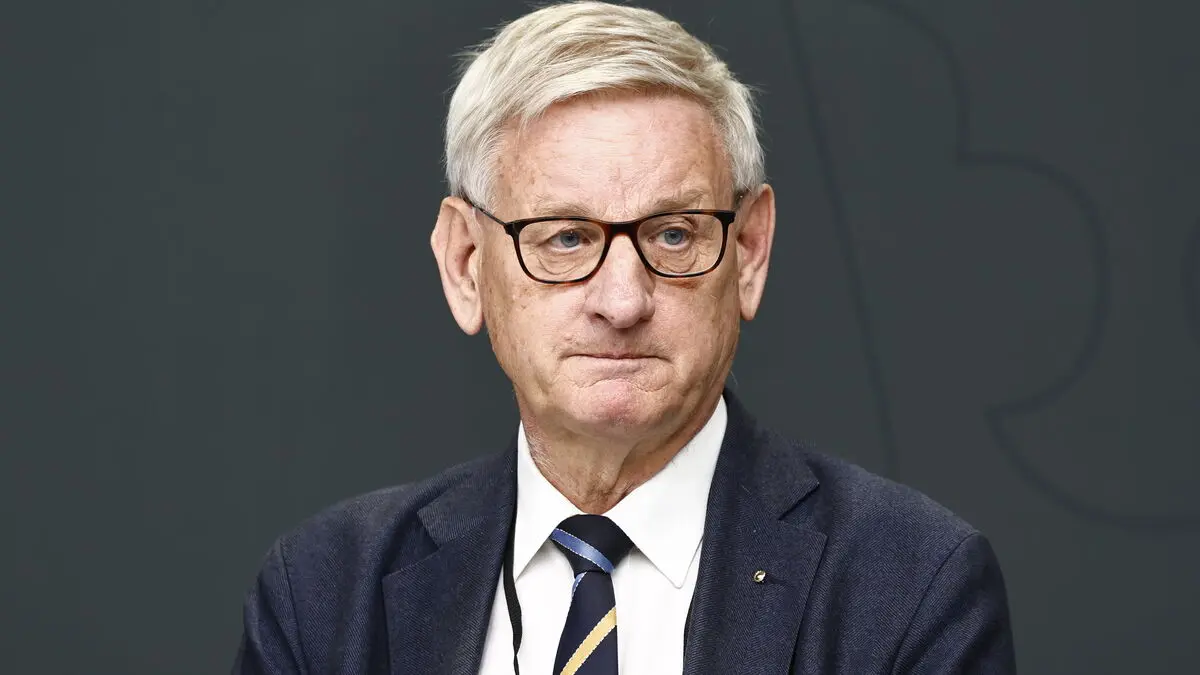On Thursday morning, the European consumer organization Beuc and 22 of its member organizations, including Sveriges Konsumenter, filed a complaint against seven gaming giants and popular games.
Beuc believes that the gaming companies are manipulative and deceitful in their handling of in-game purchases, including the use of virtual currencies to conceal the true cost of items in the games.
The European industry organization VGE disagrees with the criticism, and believes that virtual currencies are well-established and easy for players to understand.
"Our members always respect European consumer laws in how they offer these purchases," writes VGE in a statement.
Players in, for example, "Minecraft" – one of the targeted games – can buy minecoins with real money, which are then used to shop on the game's marketplace. However, the prices of the various items are only listed in minecoins, and not in real money, which is something that consumer organizations are critical of.
"The use of game currencies is not a commercial transaction or purchase, but rather the use of content within the game," claims VGE, referring to the Pegi standard, which "requires developers to ensure that the real cost is clear when purchasing currency in the game".






